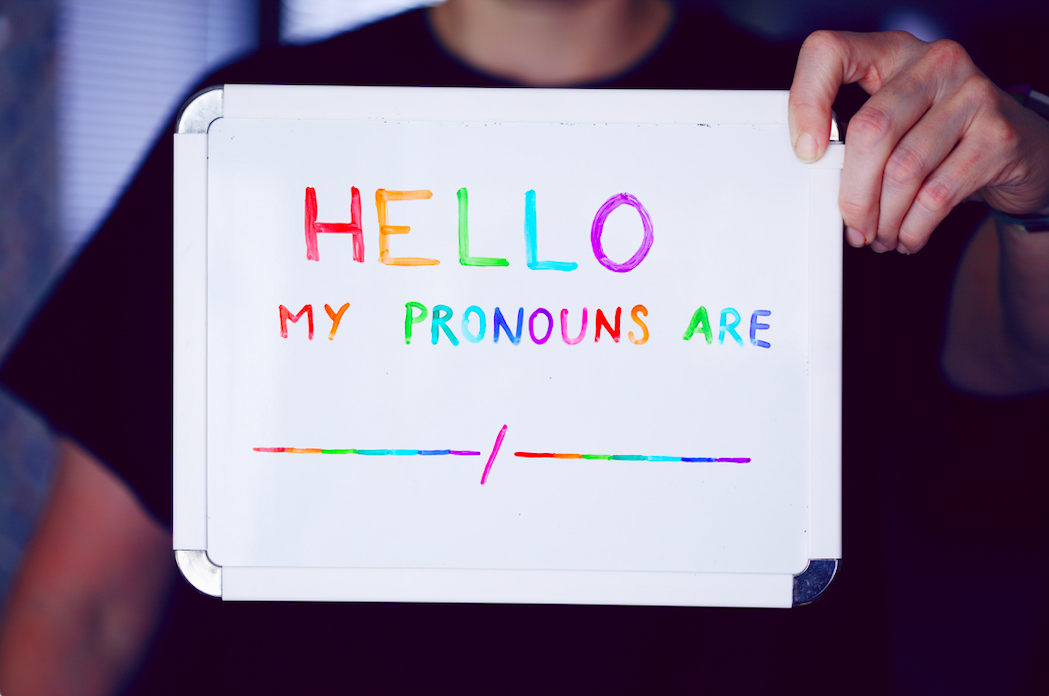The conversation surrounding gender identity continues to evolve. Although it may seem arduous at first, updating your legal gender identity can be made simpler with help from the proper legal counsel. At Bleecker Family Law, our team is here to guide and support you throughout this process.
Step 1: Obtain a name change order.
For many updating their gender, the first step may be to seek a legal name change. As your primary identifier, changing to your chosen name is an important first step. South Carolina has a process for citizens to change names on all legal documents. You must file a name change petition, submit the documents required by statute to prove you are entitled to the name change, and have a hearing in the Family Court.
Name changes and gender updates do not need to be done simultaneously. However, it can save time to complete both tasks at once. For an in-depth guide on the name change process, read our blog, “How To Change Your Name In South Carolina.”
Step 2: Complete a petition for gender marker change.
Per Section 44-63-100 of South Carolina Law, interested parties can petition to amend/update their birth certificates. One of the reasons is to update gender. Subsection D outlines the specifics needed in gender marker change petitions which include the following:
- Birth name
- Name change
- Date of birth
- Age
- Place of residence and birthplace
- Gender at birth
- Reason for the change
- Expressed desire to update birth certificate and all relevant documents to reflect your true gender
The Family Court will evaluate your request at a hearing. Assistance from experienced family law counsel can be instrumental in successfully guiding gender change clients through this legal process.
Step 3: Obtain a signed letter from a licensed physician.
In addition to the name change petition, the Court may require gender change petitions to include a signed certificate from a licensed physician. This document states that you intend this change to be permanent and “that it is permanent.” The letter must also include that your current gender differs from your gender at birth. However, evidence of sex reassignment surgery is not required.
Once you and your attorney have collected the necessary documentation, it is time to submit it to the court. The completed petition must be a “certified copy” (not a photocopy) and must be submitted to the State Registrar of Vital Statistics 30 days prior to your hearing.
Once you have successfully acquired your updated birth certificate, you can continue updating other legal documents, including your driver’s license, social security card, passport, etc.
Bleecker Family Law is here for you.
Our Bleecker Family law team is here to support you with compassionate and confident counsel. Bleecker Family Law is a proud member of the Alliance For Full Acceptance (AFFA) and an ally for our Lowcountry LGBTQ community. Contact us today to speak with a member of our team who can help you navigate this important process.


